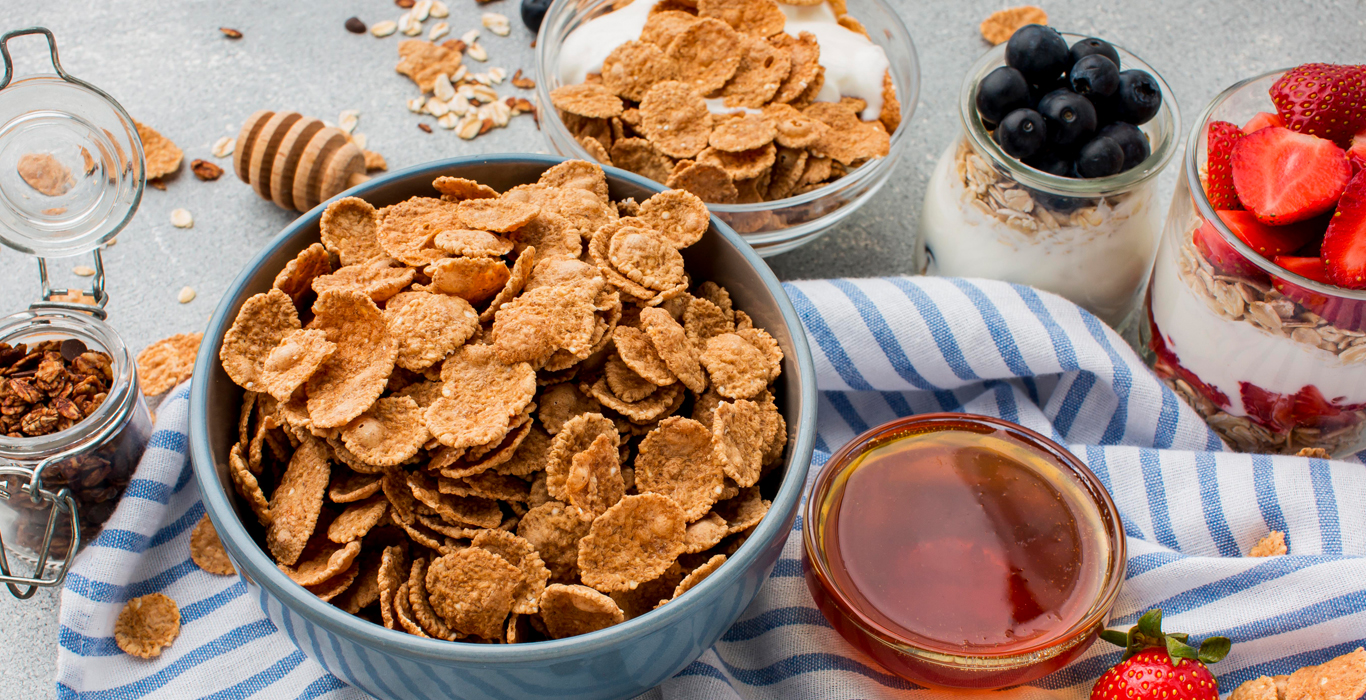WHY MILLET IS CONSIDERED THE UNDERDOG OF SUPERFOOD?
You must have heard about the benefits of chia seeds and quinoa
You might be able to rattle off the goodness of oats,
But do you know about the health benefits of bajara and
ragi?
Did you know that they are equally nutrient and mineral-rich?
Millets today are the underdog of superfoods and it is time
to give them their rightful place!
History of Millets
Millets, being the most ancient grain, have been in consumption for thousands of years. The mention of millets can be found in ancient Yajurveda texts and their consumption pre-dates the Indian Bronze Age (4500 BC)!
Around the world too, millet consumption was common in Asia, Korea, and Europe, however, over time, they lost their sheen and were replaced by wheat and rice.
Due to a lack of awareness, people have started ignoring
millet, the superfood.
Why millets are considered a superfood?
Millet was once an integral part of the Indian diet and is recently rediscovered as an underdog of superfood. This is because millets are not only packed with macronutrients like protein and fiber but also have traces of minerals and vitamins. Millet is rich in iron, vitamin B6 which helps control high prolactin levels, and magnesium, which is essential for bone health. Soaking millet for a few hours before cooking helps for better absorption of nutrients in the body.
Did you know millets are good for the planet as well?
Millets grow like
weeds, so most of them are naturally non-GMO and pesticide free, which is a
boon to the environment as well as the crop. This makes them naturally organic.
Millets do not need a lot of water to grow, and nor do they destroy the soil's nutrition levels. Millets aren’t genetically modified either and they are quick to cook. They also keep one satiated for a longer time.
Millets
are mainly grown in Rajasthan, Andhra Pradesh, Tamil Nadu, Gujarat, and
Maharashtra. Millets are also known as a climate-resilient crop. Millets are
farmers' first choice as it is an economical and low-investment crop.
How to incorporate millet into your daily life?
- Bajara - You can mix a tbsp of bajara in 500ml
of water along with jaggery and drink the pre-workout drink, it's high in
protein and gives sustainable energy.
- Replace the polished rice and
refined wheat we use daily with millet as it scrubs the body from within
and eliminates body toxins.
- Ragi buttermilk is a delicious
drink. It is high in calcium, and best for kids too. Adults can add chili
to make it tastier.
- Rather than making gluten-flour
snacks, opt for millet-flour snacks like millet khakra, millet cookies, energy
bars, chakli, and other namkeen.
Millets are excellent for weight loss. Wondering how?
Millets give you more satiety, helping with weight loss. Millets release small quantities of glucose into your blood, slowly so it keeps you full for a longer time, promotes gut health, and boosts immunity as it is a powerhouse of nutrition.
Lesser known facts about millets:
There
are three kinds of balance you need for a healthy life.
●
Hormonal balance
●
Microbial balance i.e gut health
●
Insulin/ glucose balance
Millets restore all these balances as it nutrient-dense, helps heal the gut, and the glucose spikes are slow. Being high in calcium, iron, folate, zinc, magnesium, phosphorus, copper, vitamins, and antioxidants, it is heart-friendly and diabetes friendly too. Millets are gluten-free and the only go-to option for gluten-allergic people. It is perfect for weight watchers or Pcod/PCOS women as it has a low glycemic index.
Now, do you get why we call millet the underdog of superfoods?
The most important fact is that large-scale millet adoption can help in achieving food security for the world. Even after being a fully packaged nutrient-dense grain, it is considered an underdog of the superfoods, as there isn’t enough awareness about the benefits of millets.
According to DHAN Foundation, in spite of
being a native grain, consumption of finger millets declined by 47% in India while
the intake of other millets fell by 83 percent in the last five decades.
Millets
are the most versatile grain that can be cooked in various forms like soups,
porridges, roti, dosa, idli, khichdi, etc.
Millet grain is easily available, is extremely healthy, and can be
included easily in our diet. So instead of looking west for superfoods, let us
look back into our traditional diets and uncover superfoods like millet.




Comments
Post a Comment